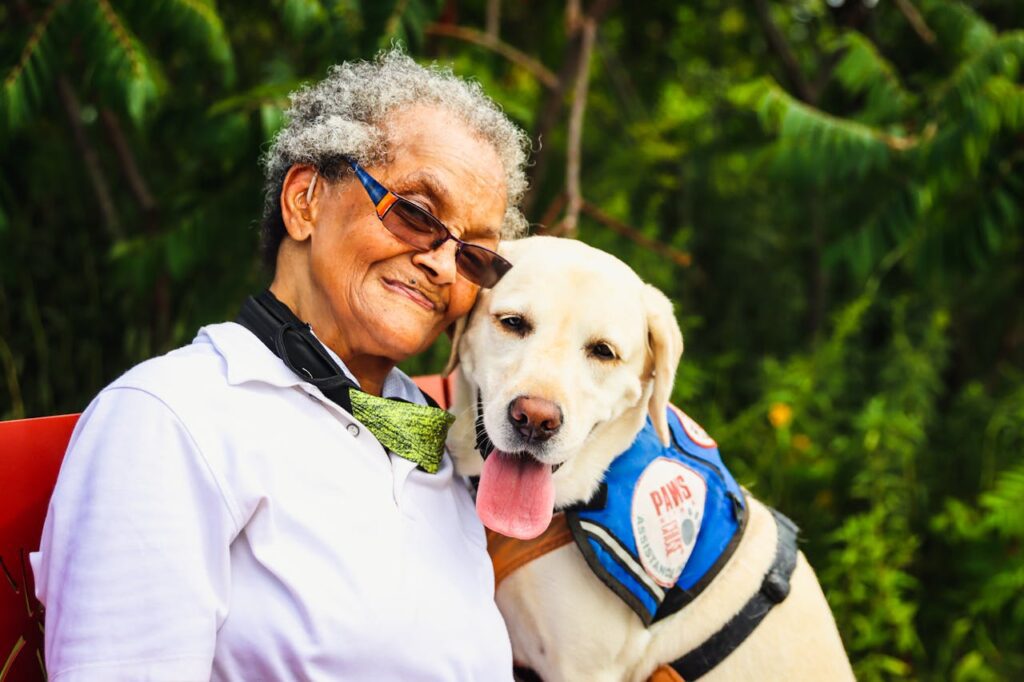Pets Help with Cognitive Decline? New Research Says Yes!
- July 10, 2024

Can pets help with cognitive decline? As the global population ages and life expectancy increases, cognitive decline in older adults has emerged as a significant public health concern. Dementia, a severe form of cognitive deterioration, is projected to affect 153 million people worldwide by 2050, up from 57 million in 2019. This trend not only impacts individual well-being but also places a heavy burden on caregivers and healthcare systems. Unfortunately, there are currently no effective treatments to reverse cognitive decline or cure dementia, highlighting the importance of identifying high-risk groups and modifiable risk factors to promote healthy aging.
One such risk factor is living alone, which has become increasingly common. In 2021, nearly 30% of households in both the UK and the US consisted of single occupants. Research indicates that older adults living alone face a higher risk of developing dementia, with an estimated 8.9% of dementia cases attributed to this living arrangement. Given the rising number of older adults living alone, identifying ways to mitigate this risk is critical.
Loneliness is a key factor linking living alone with cognitive decline. While living alone often leads to increased loneliness, pet ownership has been shown to reduce feelings of loneliness. Studies suggest that pets, such as dogs and cats, may help improve various aspects of cognitive function, though findings are mixed and largely based on cross-sectional data.
A recent cohort study using data from the English Longitudinal Study of Ageing (ELSA) sought to clarify the impact of pet ownership on cognitive decline, particularly among older adults living alone. The study followed participants over several waves, assessing cognitive function and pet ownership status.
Results indicated that pet ownership was associated with a slower rate of cognitive decline in verbal memory and verbal fluency among older adults living alone. In contrast, those living alone without pets experienced a faster cognitive decline. This suggests that pet ownership may help mitigate the negative cognitive impacts of living alone and that pets help with cognitive decline in general.
These findings underscore the potential benefits of pet ownership for older adults, especially those at risk of loneliness and cognitive decline. Further research, including randomized clinical trials, is needed to confirm these results and explore the broader implications for public health interventions aimed at promoting healthy aging.
Interested in more info about our Meals on Wheels Loves Pets program? Click Here!
